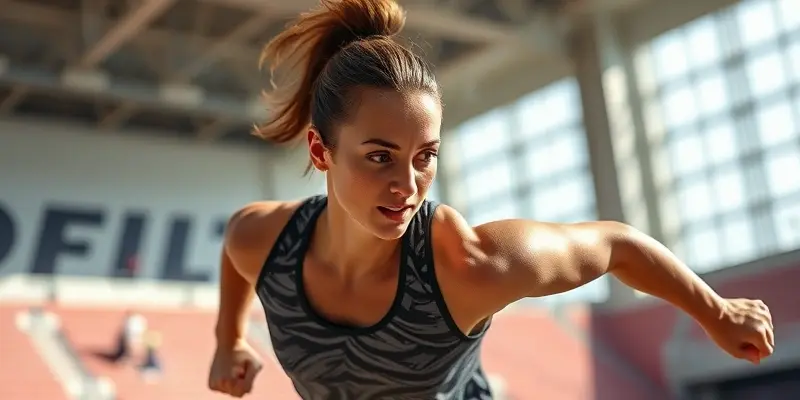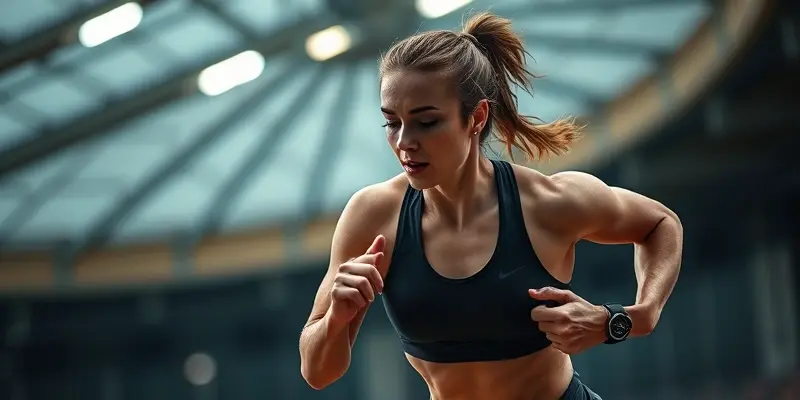Recovery & Injury Prevention: A Guide for Healthy Aging in Sport
Introduction
Physical health in aging relies on recovery and injury management. Learn how to optimize these factors for an active lifestyle.
Key Pillars of a Healthy Aging Lifestyle
- Regular Physical Activity: Embrace low-impact exercises for strength and endurance.
- Balanced Training: Prioritize strength, flexibility, and cardiovascular fitness.
- Recovery and Rest: Quality sleep and hydration enhance muscle repair and wellness.
- Hydration and Nutrition: Protein-rich meals aid muscle health; consider supplements like omega-3s.
- Community and Social Support: Engaging with like-minded individuals fosters motivation.
Preventing Common Sports Injuries
- Injury Awareness: Listen to your body to prevent overuse injuries.
- Varied Workouts: Rotate activities to avoid muscle strain.
- Mobility and Flexibility: Include stretching to maintain joint health.
- Proper Technique: Focus on form to minimize strain, especially with age.
proper technique
Accelerating Recovery and Safe Return to Training
- Active Recovery: Incorporate light activities to reduce stiffness.
- Nutritional Strategies: Optimal protein intake post-exercise supports muscle repair.
- Recovery Tools: Use aids like foam rollers and compression garments.
- Gradual Progression: Increase intensity slowly and respect your body’s limits.
Nutrition Plans for Healing and Performance
- Protein: Maintain muscle mass with 1.2-1.6 g/kg/day.
- Hydration: Regular water intake supports metabolism and joint health.
- Omega-3s/Creatine: Consider supplementation for muscle and cognitive health.
- Antioxidants: Include colorful fruits and vegetables to reduce inflammation.
Psychological Strategies for Motivation During Rehabilitation
- Goal Setting: Set achievable goals for recovery and progress.
- Social Engagement: Join group activities for accountability and motivation.
- Mindset Shift: Embrace the journey with small wins and progress.
- Professional Support: Work with experts for tailored plans and mental well-being.
Evidence-Based Insights
- Exercise Benefits: Consistent and moderate exercise reverses age-related decline.
- Starting Point: It’s never too late to begin exercise for health and performance.
- Routine Matters: Daily habits like sleep and nutrition outweigh sporadic efforts.
Practical Takeaways for Healthy Aging in Sport
- Prioritize recovery, nutrition, and hydration as much as training.
- Mix activities for injury prevention and enjoyment.
- Seek social and professional support for long-term wellness.
- Listen to your body for sustainable progress and longevity.
Embrace these strategies to age healthily and maintain an active lifestyle for years to come.

